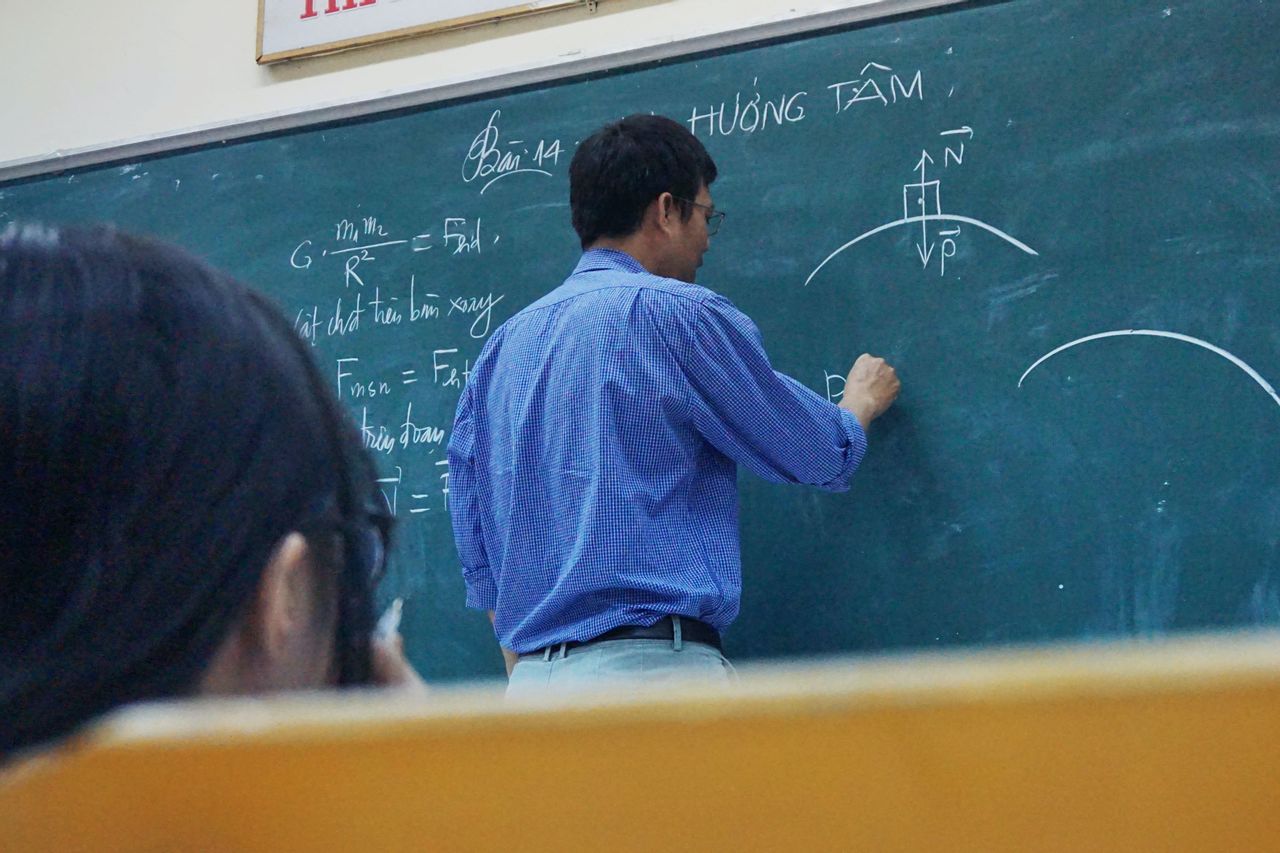It Is Right To Prioritize CPNS Teachers And Health Workers

JAKARTA - The Ministry of Administrative and Bureaucratic Reform (Kemenpan RB) will reduce the recruitment of civil servant candidates (CPNS) in the administration sector.
Kemenpan RB will prioritize the acceptance of CPNS educators or teachers and health workers. This is because human resources in the two fields are still lacking.
Secretary General of the Federation of Indonesian Teachers' Unions (FSGI), Heru Purnomo, said that the step was right and provided support. This is because the education sector lacks human resources. One of the factors is that many educators are retired and are elderly.
Another cause is the delay in regenerating or recruiting teachers who are used as civil servants. In fact, many education personnel are currently still on honorarium.
"Many things, including retirement or retirement, died, due to delays in recruiting new civil servant teachers, and policies that become obstacles," said Heru, Jakarta, Tuesday, June 23.
In addition, some schools have a shortage of teaching staff during the teaching and learning process. Not infrequently, one teacher can teach dozens of students of different classes. As a result, students cannot accept or get a good teaching pattern.
"It is very felt if the learning process is face-to-face, because there are public schools with only 2 civil servants, namely 1 school principal and 1 class teacher. Then only a few honorary teachers are assisted. So that the teacher doubles as another class in teaching," said Heru.
Referring to data from the Ministry of Education and Culture, the number of teachers with civil servant status is around 1.7 million people. Then, school honorarium teachers amount to about 1 million people and several other categories. In total, the number of teachers based on employment status reaches 4.3 million people.
There is no shortage of nursesDifferent conditions actually occur in the health sector. This is because the number of nurses in Indonesia is more than enough. It's just that, many of them are not civil servants.
Chairman of the Indonesian National Nurses Association, Harif Fadhillah said, based on 2017 data, the number of non-civil servant or voluntary nurses reached 82 thousand. They are scattered in regional hospitals and health centers.
"The problem is whether these voluntary nurses are included in the calculation of Kemenpan RB? If they are not, then you can say they are lacking," said Harif.
However, if voluntary nurses are included in the count, then, the number is very sufficient. This can be proven by the number of nurses in several hospitals or health centers.
Regardless of the insufficient or insufficient number of nurses, Harif focused on the matter of recruiting new CPNS. According to him, it is better to prioritize voluntary nurses to become civil servants. In this way, it is considered unnecessary to be costly and time consuming.
"If Menpan RB has stated it (opens CPNS in the health sector, red) direct it to those who are already working. So there is no need to train anymore. So they are prioritized," said Harif.
